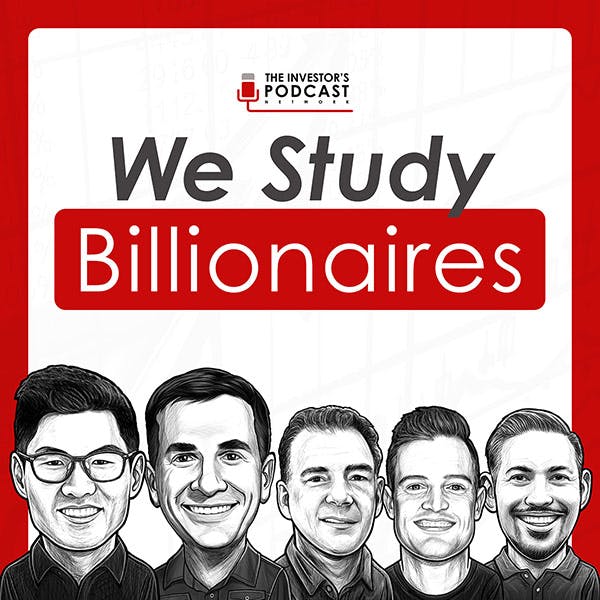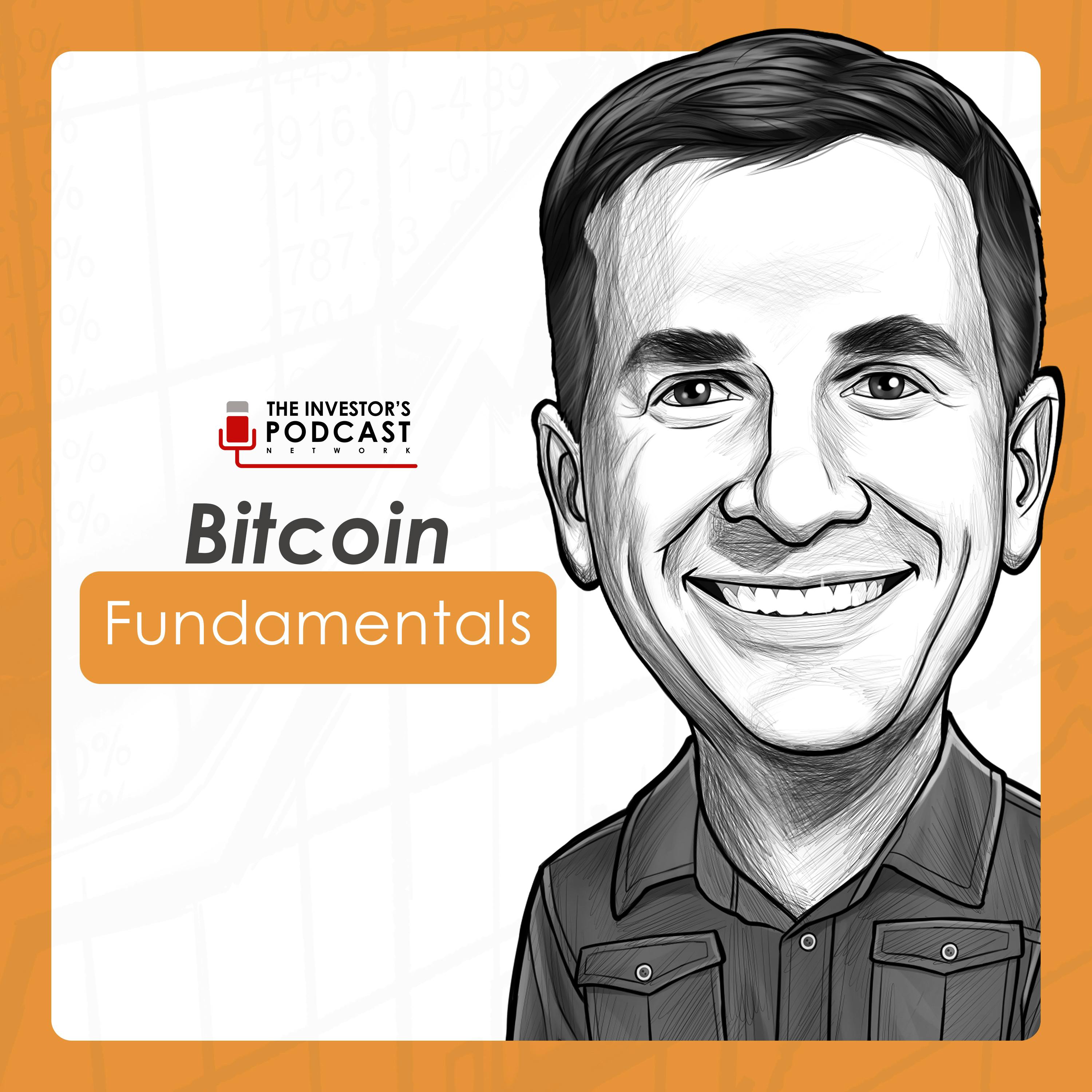
January 12, 2025 • 2hr 22min
RWH053: Trouble Ahead w/ Bill Priest
We Study Billionaires - The Investor’s Podcast Network

Key Takeaways
- Focus on free cash flow - The bedrock of successful investing is understanding a company's ability to generate free cash flow and management's skill in allocating that cash
- Five uses of free cash flow: Pay dividends, buy back stock, pay down debt, make acquisitions, or reinvest in the business
- Culture matters more than pure intelligence - When building an investment firm, prioritize hiring decent people who are smart rather than just the smartest people
- Current risks - Major concerns include de-globalization, inflation risks, China's internal issues, and rising nationalism/illiberalism globally
- Maintain strong balance sheets - Having ample cash reserves helps survive difficult periods both personally and professionally
Introduction
Bill Priest is Vice Chairman of TD Wealth and founder, Chairman and Co-Chief Investment Officer of TD Epoch. With nearly 60 years of investment experience, he has built multiple successful investment businesses, including one that managed over $100 billion in assets. He is a member of the Barron's Roundtable and author of several books including "Winning at Active Management."
Topics Discussed
Early Career and Formation of Investment Philosophy (6:50)
Bill grew up in small-town Ohio in the 1950s, developing an early interest in the stock market. After studying at Duke University and Wharton, he entered the investment industry in 1965 as a research analyst.
- First investment lesson came from losing money on Huron Vitamin Products - taught him not to invest in areas he didn't understand
- Academic foundation included passing CPA exam while still in college
- Early career included working at Commonwealth Group and Fundamental Investors before co-founding BEA Associates
- Developed strong work ethic from parents who emphasized earning everything
Investment Philosophy and Focus on Free Cash Flow (40:30)
Priest emphasizes that free cash flow is the bedrock of investment analysis, as accounting can be manipulated but cash cannot be hidden.
- Free cash flow definition: Cash available for distribution to shareholders after all cash dividends and taxes
- Five uses of free cash flow:
- Pay dividends
- Buy back stock
- Pay down debt
- Make acquisitions
- Reinvest in business
- Return on invested capital (ROIC) vs weighted average cost of capital (WACC) spread is crucial for value creation
Current Market Environment and Risks (48:41)
Priest expresses concerns about several major risks in the current market environment:
- De-globalization impacts:
- Onshoring will be inherently inflationary
- Efficiency losses from unwinding global supply chains
- Rising nationalism affecting trade relationships
- China concerns:
- Serious internal economic issues
- Real estate market problems
- High youth unemployment
- Risk of external aggression as distraction
- Stagflation risks due to structural changes in global economy
Artificial Intelligence and Technology Impact (1:03:36)
Priest views AI as a transformative force rather than just another bubble:
- Productivity implications:
- AI will drive major productivity gains
- Technology substituting for labor and physical assets
- Companies that can substitute "bits for atoms" will prosper
- Workforce impacts:
- Certain professions will face disruption
- Need to adapt to technological change
- Importance of continuous learning
Investment Strategy in Current Environment (1:15:38)
Given current risks and uncertainties, Priest advocates for conservative positioning:
- Maintain strong balance sheets both personally and professionally
- Hold adequate cash reserves to survive difficult periods
- Diversification is crucial given unknowable future
- Lower equity exposure than historical levels
- Consider small gold allocation (around 5%) as alternative currency
Building Successful Investment Organizations (1:21:16)
Drawing on decades of experience building investment firms, Priest emphasizes:
- Three key leadership qualities:
- Empathy
- Ability to make tactical decisions
- Capacity to inspire others
- Culture priorities:
- Hire for decency first, intelligence second
- Foster open communication
- Avoid hierarchical trappings like corner offices
- Create environment where people speak truth to power
Life Lessons and Personal Philosophy (1:57:16)
Priest shared several important life lessons learned over his career:
- Relationships matter most - everything else is secondary
- Right time, right place - luck and timing play huge roles in success
- Work-life balance challenges - intense focus on work can strain relationships
- Importance of intellectual engagement - maintaining curiosity and continuous learning
- Value of liberal democracy - need to actively protect democratic institutions
Conclusion
Bill Priest's six decades of investment experience offer valuable lessons for both professional investors and individual savers. His emphasis on free cash flow analysis, conservative financial management, and building strong organizational cultures has stood the test of time. In today's uncertain environment, his warnings about various risks and advocacy for maintaining strong balance sheets seem particularly relevant. Beyond pure investment advice, his perspectives on leadership, relationships, and life priorities provide wisdom applicable far beyond the financial markets.









